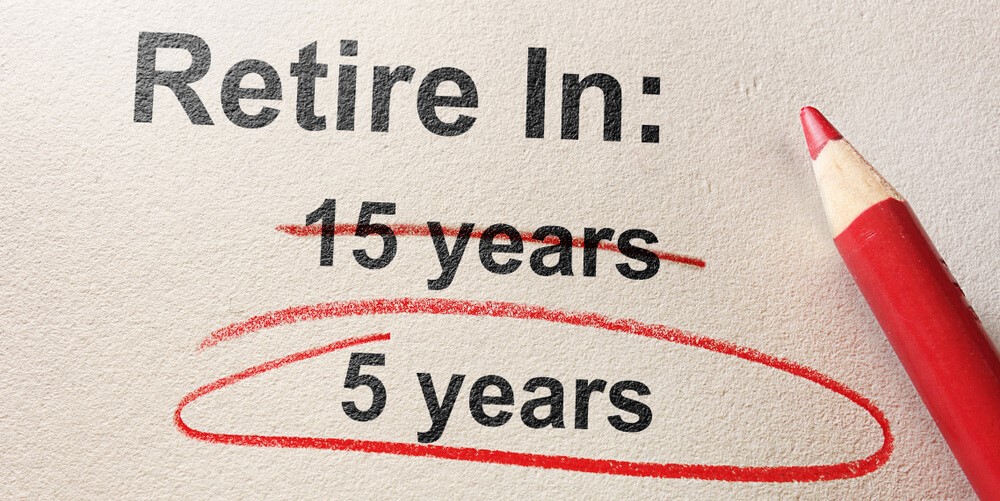Retiring early is a goal for a lot of people, but preparing for all aspects — and not just finances — will set you up for a more sound future.
If you are working toward retiring early, you need to make sure you understand what that really means and exactly what it entails.
While having enough money is arguably the biggest key to how your retirement goes, there are other aspects that may not be in the forefront of your mind. Crafting a rock solid early retirement plan should involve considerations for many facets of your life.
So here are some considerations to make, both financial and otherwise, to put you on the path to retiring early.
3 Factors to Think About When Retiring Early
Medical Expenses
One of the biggest considerations for retiring early is that expenses later in life, especially when it comes to your health, can balloon to unexpected levels. The simple fact is that as we all get older, doctor’s visits become a lot more frequent — and they aren’t cheap.
A 2019 Fidelity report found a male-female couple retiring at 65 will likely spend $285,000 on health care in retirement.
Not only that, if you’ve already left the workforce, you’ll need to figure out a way to bridge the gap between employee-provided health insurance and Medicare, which you won’t be eligible for until 65. You can opt-in to COBRA plans that will extend your employer’s coverage, but that’s usually a short-term — and costly — option.
Having a plan for medical expenses means you’ll have more peace of mind when retiring early.
Retiring Early and Life Expectancy
Humans are living longer, and as the medical field continues to advance, life expectancy will advance along with it.
That means having more than enough savings, and creating a plan to stretch it over a greater period of time is key when retiring early.
You’ll likely also need to be more active in managing your retirement plan. Living longer means you’re going to live through more crazy market swings and economic policies that run the risk of devaluing your assets.
The recent coronavirus crash is the perfect example. Crafting a plan that includes an ample store of cash — dry powder — means you can take advantage of fast crashes like what happened in February and March to boost your savings even more as the market rides back up.
Without a job to worry about, putting more focus into your financials should be a goal worth working toward.
Boredom
Retiring early sounds like the ideal gig, until you actually go through with it and realize how much time you have to fill.
Here’s a little anecdote for you:
My father-in-law is a Delta pilot, so for the last three months or so he’s been forced to take early retirement for a spin while his company slowly gets back in the air.
It hasn’t been all bad for him, but I can tell he’s getting a little stir crazy as he’s running out of things to fix around the house. He even mowed the neighbor’s lawn the other day because they’ve been out of town. All because he was sick of looking at it.
You may not realize just how much time you spend at work, or doing work-related things (commuting, emailing from home, thinking about projects, etc.).
Not to mention the social benefits of work. Going into an office (or Zoom meeting) every day provides a very healthy interaction that can be lost when you’re retiring early.
Finding cost-effective and socially engaging hobbies or other activities could be a lifesaver. Volunteering is another great option.
Retiring early can work out for a lot of people if you plan right. Preparing for some of the things that can trip you up now will set you up for success later.
